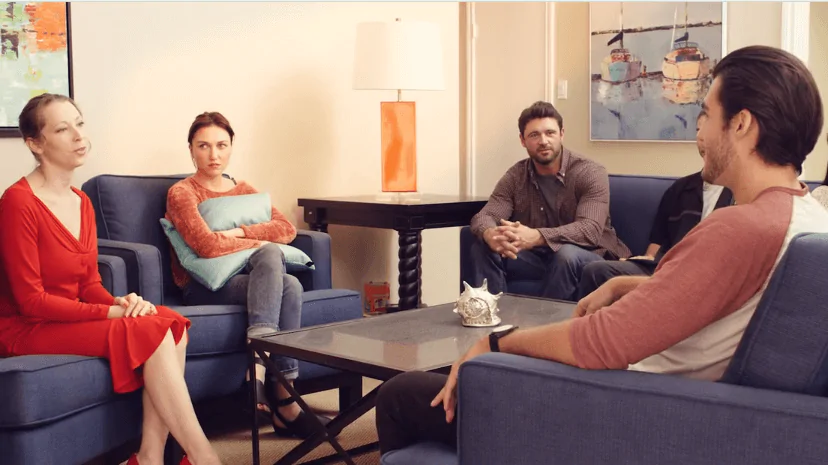24/7 Helpline:
(866) 899-221924/7 Helpline:
(866) 899-2219
Learn more about Medication-assisted Treatment centers in Boone County
Other Categories in Boone County

Other Insurance Options

Covered California

Access to Recovery (ATR) Voucher

Amerigroup

Aetna

Premera

Regence

Lucent

Sutter

Health Partners

Carleon

Medical Mutual of Ohio

American Behavioral

Oxford

WellPoint

Evernorth

Health Choice

Anthem

Optima

Ambetter

State Farm



















































































